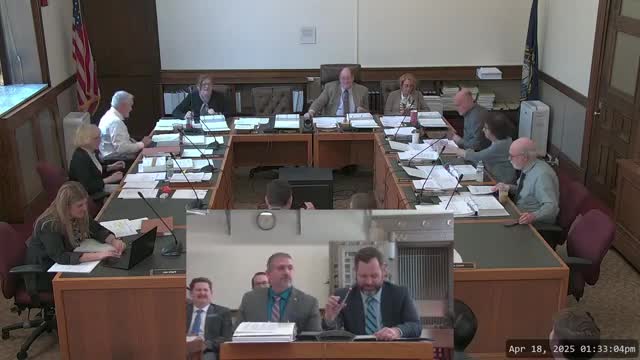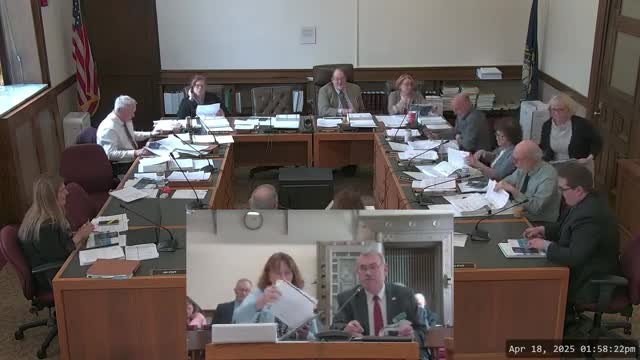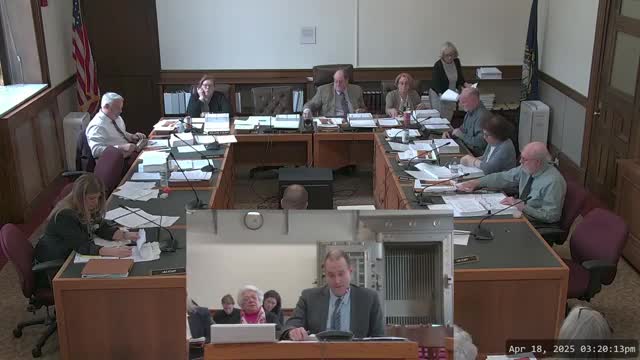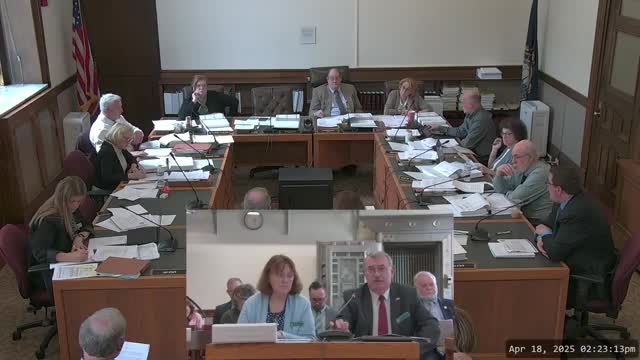Article not found
This article is no longer available. But don't worry—we've gathered other articles that discuss the same topic.

Senate panel questions HB2 sweep of renewable energy fund, asks how lower REC targets affect revenues and programs

Environmental Services warns of program cuts after House trims general funds; PFAS settlement and solid‑waste fee draw attention

Judicial Council urges more public defender funding to avoid costlier assigned counsel

